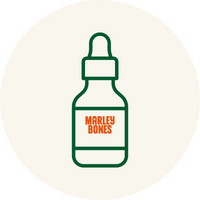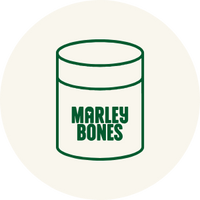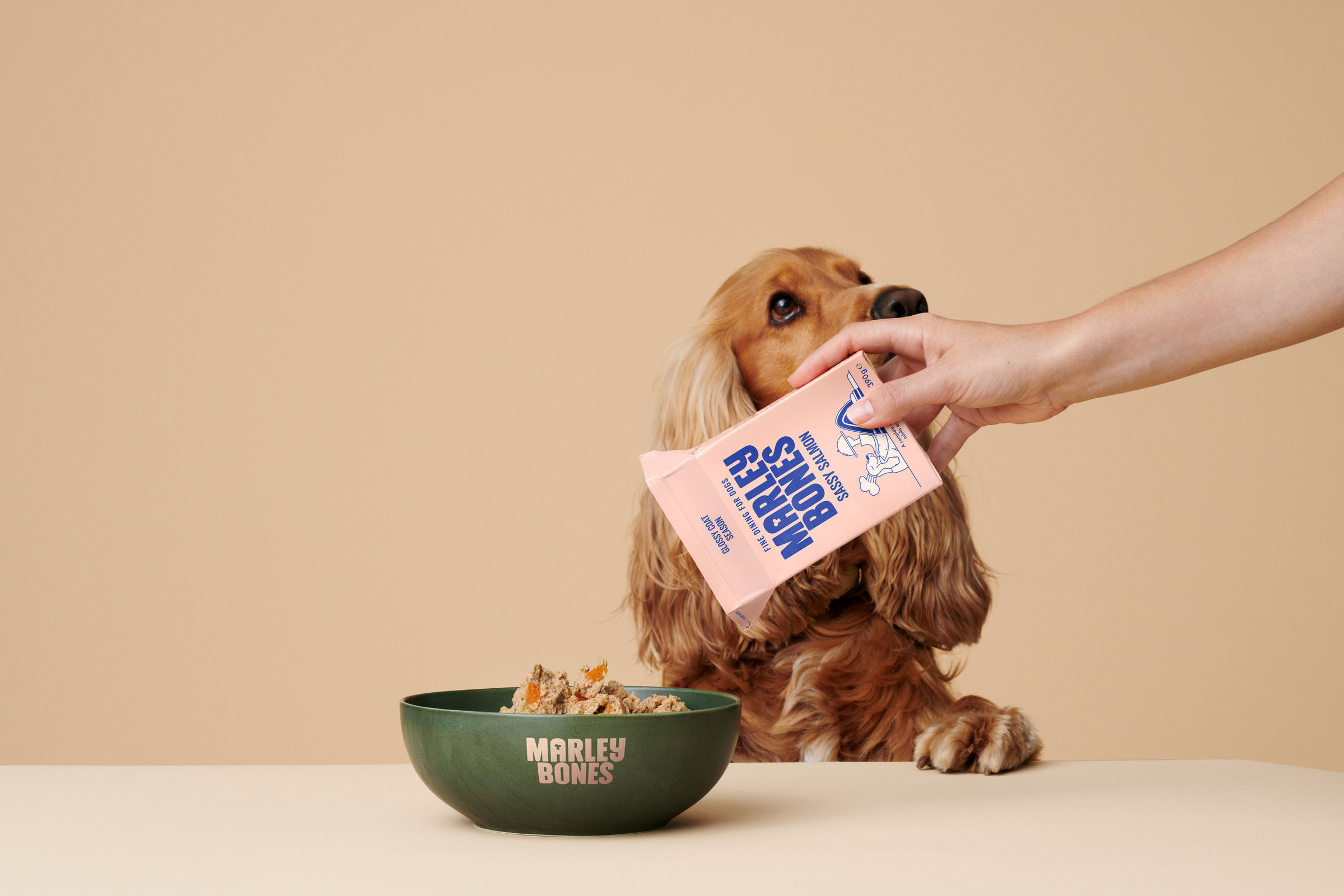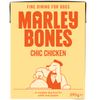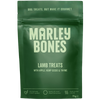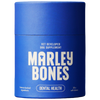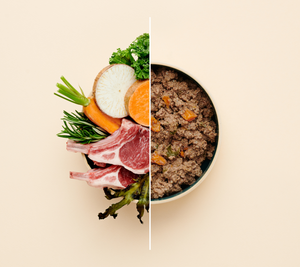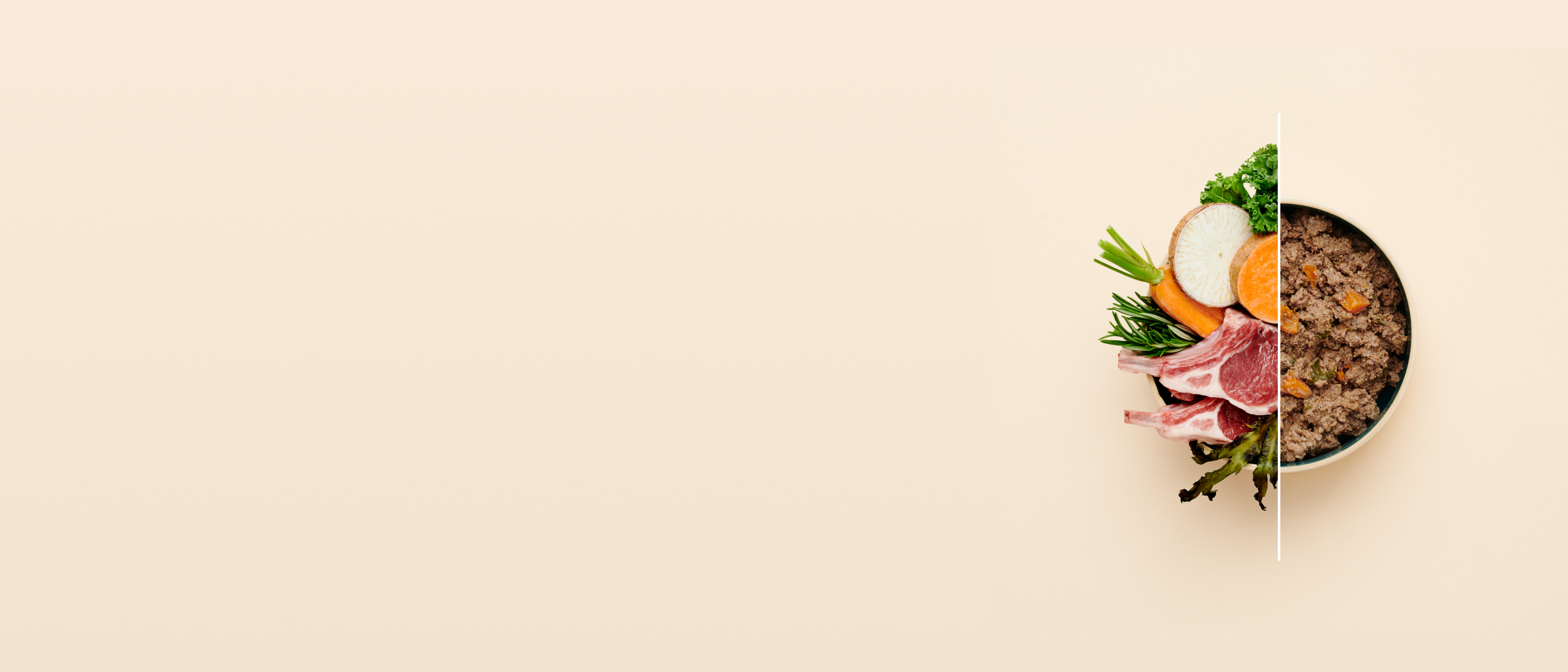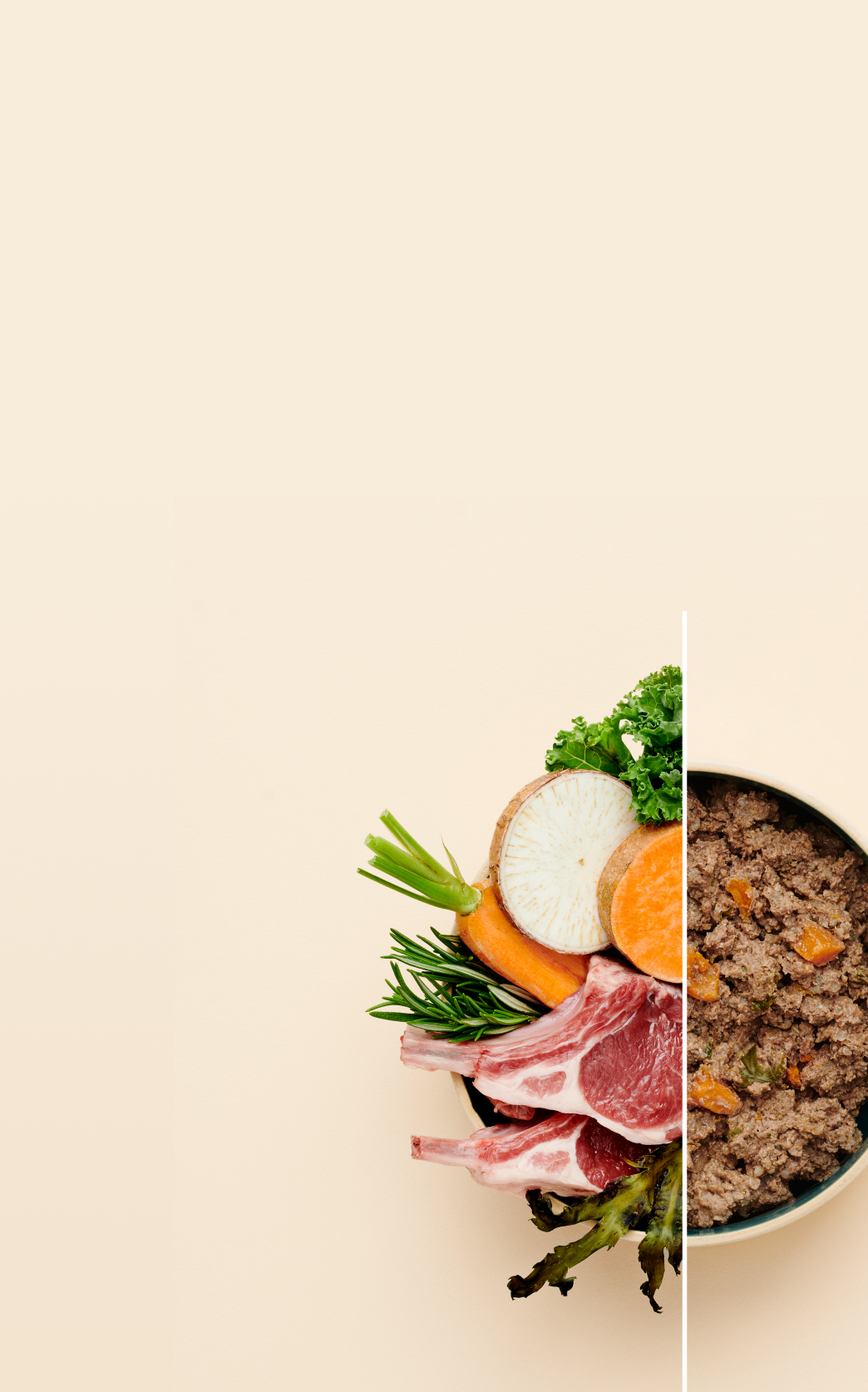Can Dogs Eat Bananas? Unpeeling the Truth about Dogs and Fruit Consumption
Bananas are a popular fruit among humans for their taste, convenience, and health benefits. When it comes to sharing food with dogs, many owners wonder whether it's safe to offer the same treats they enjoy. Bananas are no exception. They are packed with important vitamins and minerals and can serve as a tasty snack for your canine companion. While they offer health benefits, it's crucial to understand the appropriate serving size and potential risks associated with feeding bananas to dogs.
When considering adding bananas to your dog's diet, it is important to consider not only the nutritional benefits but also the sugar content and the potential for gastrointestinal upset. Feeding your dog a balanced diet is essential for their overall health, and treats, such as bananas, should be given in moderation. It's equally important to consider the type of banana and the form in which it's offered to ensure it’s suitable and safe for dog consumption. Appropriate preparation and serving size are key to safely incorporating bananas into their diet.
Key Takeaways
- Bananas are safe for dogs in moderation and offer various vitamins and minerals.
- Overfeeding bananas can lead to stomach upset due to their sugar content and fiber.
- Properly prepared and portioned bananas can be a healthy and tasty treat for dogs.
The Benefits of Feeding Your Dog Bananas

Bananas are a nutritious snack for dogs and provide multiple health advantages. Here are the key benefits:
- Low in Calories: Bananas are low in calories, making them a healthy treat option that doesn't significantly contribute to weight gain when fed in moderation.
- Potassium-Rich: They are one of the best sources of potassium, which is vital for muscle and blood vessel function as well as the overall health of your dog's nervous system.
Nutrient Content:
|
Nutrient |
Benefit for Dogs |
|
Vitamin C |
Antioxidant properties |
|
Vitamin B6 |
Supports immune system |
|
Fiber |
Aids in digestion |
|
Magnesium |
Bone health |
|
Potassium |
Muscle contractility |
- Natural Sugars: The natural sugars in bananas provide a quick energy boost for your dog, making bananas a great treat during training or exercise.
Digestive Health: Bananas can promote digestive health due to their fiber content, which can help regulate bowel movements.
-
Fiber: A moderate amount of fiber can be beneficial. It aids in digestion and can help resolve or prevent constipation.
- Healthy Treat: Instead of processed treats, bananas offer a natural alternative that supports your dog's nutrition.
The Risks of Feeding Your Dog Bananas
Feeding your dog bananas should be done cautiously. Bananas are high in natural sugars, which, when consumed in large quantities, can lead to weight gain and potentially diabetes in dogs. They should be considered a treat, not a staple in your dog's diet.
Bananas also contain fiber, which is beneficial for digestion in moderate amounts. However, too much fiber can cause gastrointestinal issues, leading to diarrhea or constipation.
Here's a breakdown of potential risks:
-
High Sugar Content:
May cause
- Weight gain
- Hyperactivity
- Diabetes (with excessive consumption)
-
Fiber Content:
Overconsumption can lead to - Diarrhea
- Constipation
- Upset stomach
-
Potassium Levels: While good in moderation, excessive potassium can result in hyperkalemia, a condition that may affect your dog's heart and kidney functions.
-
Small Choking Hazard: Pieces of banana with the peel can present a choking risk or cause an intestinal blockage, particularly in smaller dogs.
Moderation is key. Introduce bananas slowly into your dog's diet to monitor their reaction and always remove the peel. If you're uncertain about quantities or your dog has health issues, consulting a veterinarian is recommended to ensure the treat is suitable for them. Keep indulgences balanced, considering your dog's overall diet and nutritional needs to maintain their health and wellbeing.
How to Feed Your Dog Bananas Safely
Moderation Is Key
Bananas are high in sugar and can lead to weight gain or health issues if fed in excess. Start with small amounts - a few slices for smaller dogs, and half a banana for larger breeds - and not more than once a day.
Frequency
Banana pieces can be fed once a day, either as a snack or as a treat during training sessions.
Preparation
Peel the banana before giving it to your dog to prevent any digestion issues. The peel is difficult to digest and may cause a blockage.
Introduce Gradually
Introduce bananas into your dog's diet slowly. Monitor for any adverse reactions such as gastrointestinal upset that may lead to diarrhea or constipation.
Serving Ideas
- Dogs love mashed bananas! It’s also a great substrate to hide tablets or mix with powder, such as certain probiotics. Remember that probiotics need prebiotics to work effectively - you can check out our special prebiotic supplement here.
- Freeze small pieces for a cool treat.
- Use as an ingredient in homemade dog treats.
Consult Your Vet
Consult with your veterinarian before introducing any new food into your dog's diet, especially if they have health concerns or dietary restrictions.
What Types of Bananas Are Best for Your Dog?
When considering adding bananas to your dog's diet, opt for varieties that are ripe and free from any added sugars or chemicals. Organic bananas are preferable as they are less likely to contain pesticides.
Choose bananas that are ripe with yellow skins and little to no green at the tips. Overripe bananas with brown spots are higher in sugars, so moderate the amount.
Avoid feeding underripe bananas as they can cause digestive issues due to higher starch content. Never feed banana peels to your dog, as these can cause gastrointestinal obstruction.
Incorporate bananas as a healthy treat or mash and mix them into your dog's meal for added benefits, but always in moderation to prevent weight gain from excessive sugar intake. 
Bananas, such as any other fruits or treats, should not constitute more than 10% of a dog’s diet. The 90% should be constituted from high-quality complete and balanced dog food - such as Marleybones fresh meals.
Remember to introduce any new food gradually and observe your dog's reaction.



